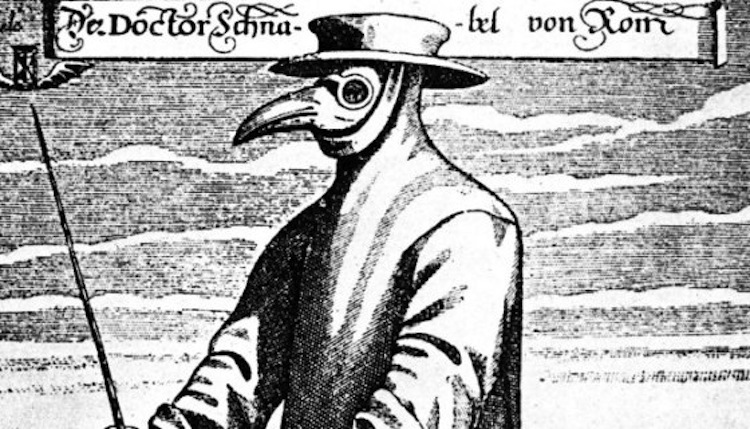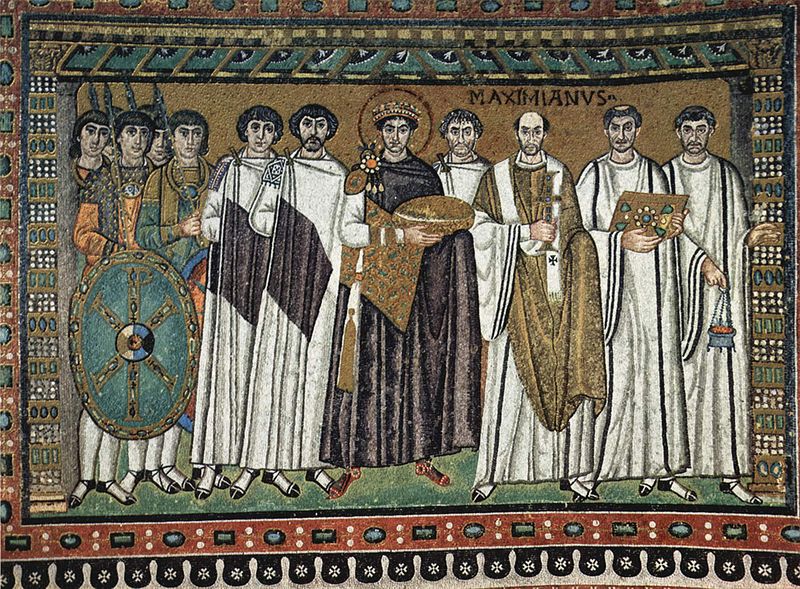
PHOTO: wikimedia
Europe’s Dark Ages have captivated people for centuries. There’s been whole history textbooks written about them. They’re shrouded in mystery and myth. From them, we get stories like Canterbury Tales and King Arthur and Camelot. There’s an entire genre of literature we call Fantasy that usually draws on the historical costumes, weapons, and customs of the time. But why was Europe plunged into what historians call a “dark age”? What happened? Where did all of the knowledge of the Greeks and Romans go? Why did people forget how to read and write and sculpt and build? A lot of books and a lot of people like to put it down to one or two factors, but it isn’t as simple as that.
The Fall of the Roman Empire
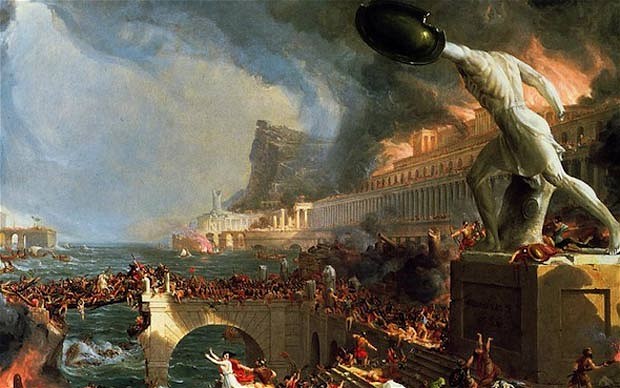
PHOTO: telegraph
The end of the world began in AD 476, when Odoacer deposed Emperor Romulus. The great Roman Empire had been falling apart for hundreds of years, but that was the final straw. Rome fell into chaos and ruin, into the hands of the various tribes. The city was sacked, its occupants put to the sword, and the barbarian tribes moved in. With Rome gone, a chain of unstoppable events was unleashed. Libraries fell into disrepair. The unifying languages, Greek and Latin, fell out of use and people could no longer communicate with each other. With Rome no longer producing a safe environment for learning, philosophy, and science, nobody could keep up the Great Conversation, or make scientific discoveries. The architecture and learning and thoughts of the Empire were completely forgotten in the wake of its fall from greatness, plunging the world into darkness.
The Little Ice Age
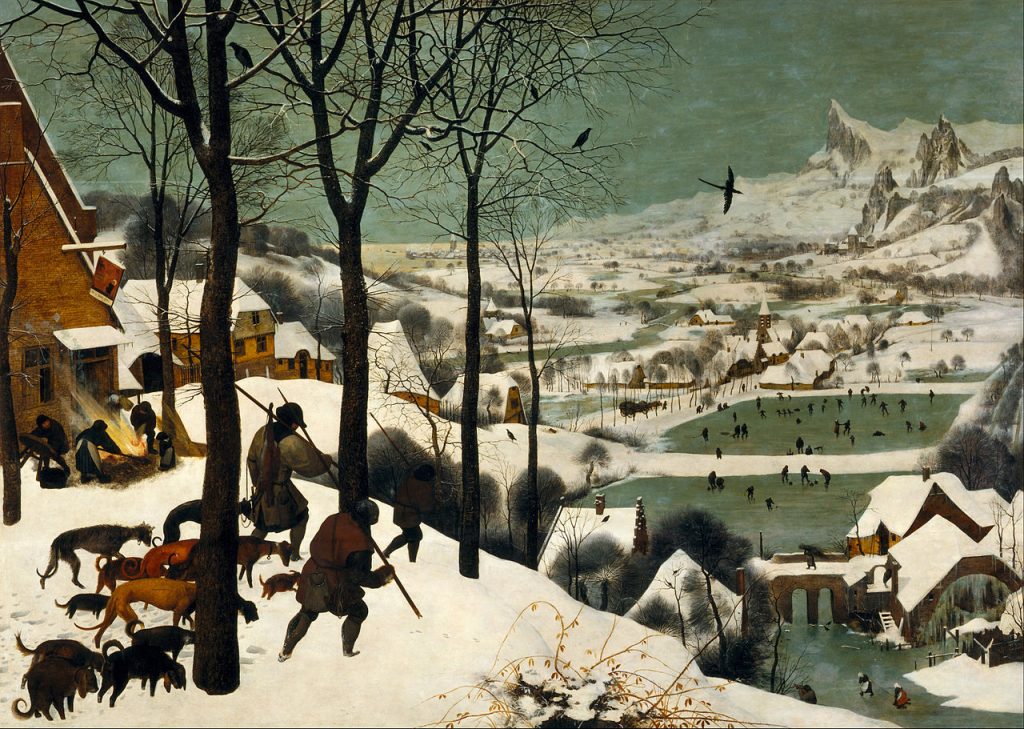
PHOTO: wikimedia
From about AD 950 to AD 1250, around the time of William the Conqueror and the Battle of Hastings, the world enjoyed a warm period. After that, however, the world began to get colder and colder. This phenomenon began around AD 1300 and lasted in varying degrees all the way up to 1850. Nobody knows exactly what caused it. Some cite changes in ocean circulation or a decrease in human population. The point is, when the cold hit Europe, it was a devastating blow. Up until the industrial revolution, Europe was, primarily an agrarian society. People just couldn’t grow enough crops to survive, and this, of course leads into our next point.
Famine
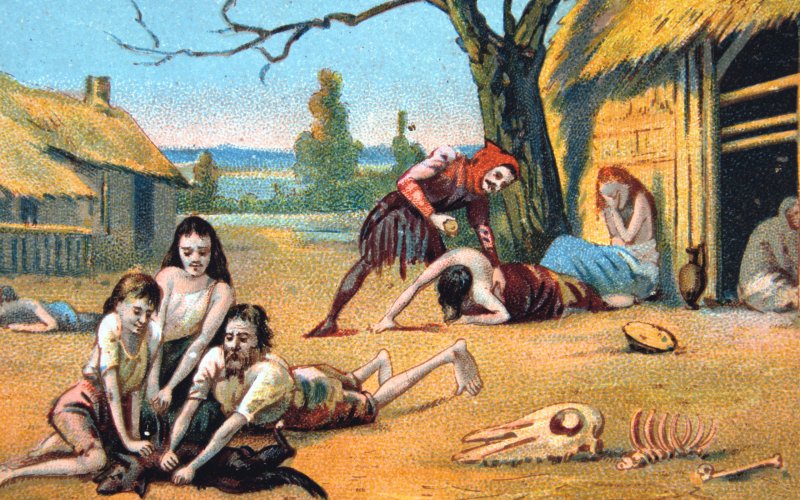
PHOTO: thedailybeast.com
The Little Ice Age ushered in a period of horrible famine for Europe. The overwhelming cold, the cold that stole up on Europe on little kitten feet stole food right out of the mouths of sleeping children. The trouble with famine is that it’s really, really hard to think about scientific discovery and art and mathematics and culture when it’s all you can do to survive. People started to drop like flies. They worked their 13th century butts off just to put food into their mouths, and that food wasn’t usually very nutritious. People’s immune systems broke down, and it isn’t hard for historians to piece together where this all was headed.
[ebaylistings]
The Black Plague
Rome has fallen. The world’s plunged into a cold, pitch-black, chaotic hell. Crops won’t grow, children aren’t being fed, people’s bodies are weaker than ever. The science and medicine of the ancients has been all but forgotten. Nobody understands the concept of contamination or germs, people are living in close, crammed, dirty quarters all together with animals and manure. It’s a recipe for disaster. In 1347, three Genoese ships docked in a Sicilian port of Messina after crossing the Black Sea. Most of the sailors aboard were dead or gravely ill. Their bodies were covered in boils that nobody had ever seen before, black boils that bled and oozed pus. Even though the authorities tried to hurry the ships out of the harbor, it was too late. Within the next five years alone, Europe would lose 20 million people to the Black Death, over a third of the living population. With a third of the population dead, people turned to superstition instead of science, too terrified of things they didn’t understand. Nobody had the time or courage to make any discoveries or work on art or poetry or music. Everyone was too busy dying.
A Lack of Good Roads
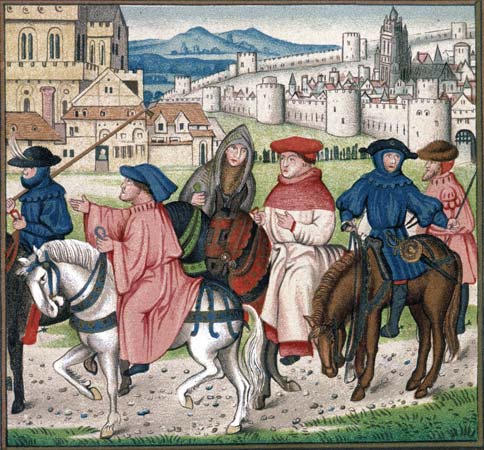
PHOTO: kids.britannica.com
This is, surprisingly, the crushing blow. Not the Fall of Rome, not the Black Plague or famine or wars or the Little Ice Age, but the simple fact that people couldn’t circulate. When Rome fell, there was nobody there to maintain the roads, nobody to protect travelers. The roads fell into disrepair, traveling became dangerous. People went missing, or died. It became commonplace for people to be born and to live and to die all in the same place. If nobody moved, nobody was communicating. Language barriers and dialects developed. Communication is to learning as oxygen is to fire. Because of the lack of good roads, there was a lack of dialogue. Even if there was someone writing or making discoveries, they had no way of getting them out there to peers or to the public. Learning was an isolated, slow affair, and it would be until the first printing press was invented and books began to be circulated en masse around Europe.
[ebaylistings]
The Dark Ages is a complicated conundrum that continues to fascinate historians to this day. Many people don’t know exactly why the Earth grew colder, or why the Black Plague just suddenly appeared in Europe in the 1300s. What we do know is that there was no one factor that we can pin as the cause of the Dark Ages. It was a chain of events that were wildly out of anyone’s control. It was a chain of events that made Europe fall into ruin, and it would be a chain of events, too, that would lead it out.


